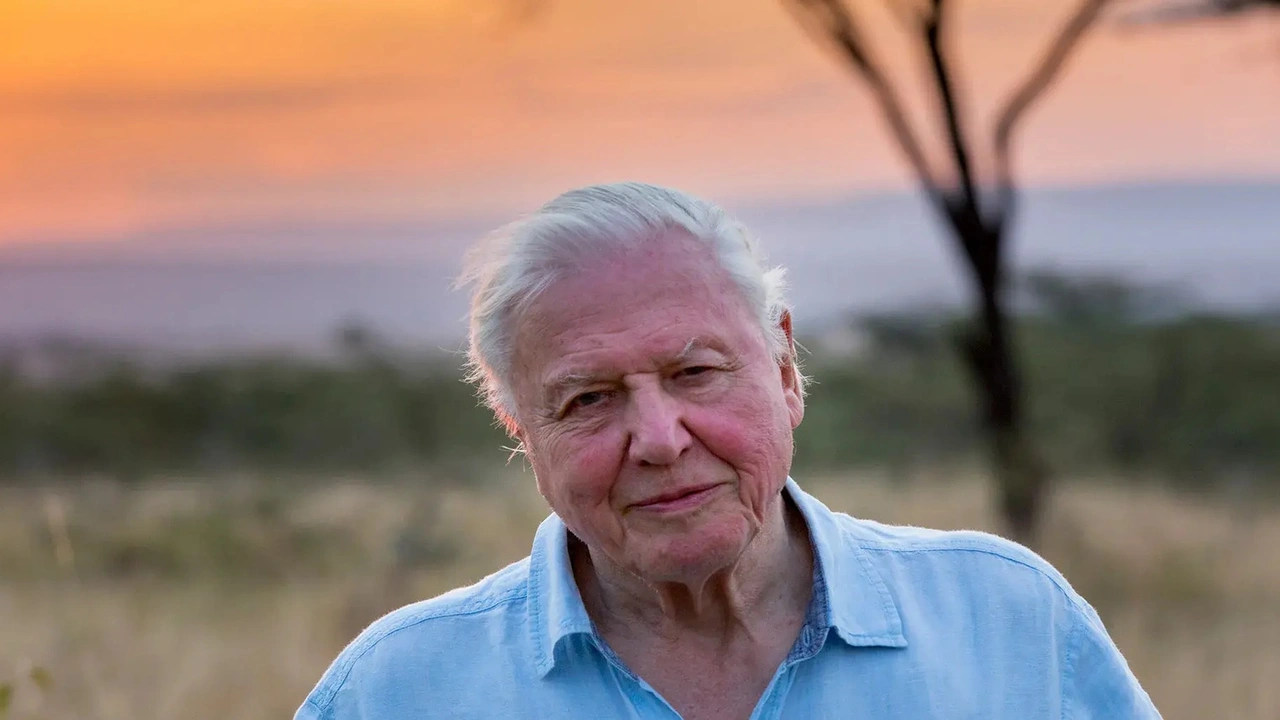Born on May 8, 1926, in London, England, Sir David Attenborough grew up in Leicester, where his father was principal of the local university. His older brother, Richard Attenborough, went on to become a celebrated actor and filmmaker, but David’s passion was always rooted in the natural world. By childhood, he was already collecting fossils and exploring the outdoors with a curiosity that would later define his life.
He went on to study at Clare College, Cambridge, earning a Master’s degree in 1947, and briefly worked at an educational publishing house before joining the BBC training program in 1952.
Breaking Ground with Zoo Quest
Attenborough’s television career began with Zoo Quest in 1954, a program he co-created with reptile curator Jack Lester. Combining wildlife footage shot in the field with zoo-based segments, it became one of the BBC’s most popular shows of the era. The success of Zoo Quest set the stage for Attenborough’s lifelong mission: to bring the wonders of the natural world into people’s homes.
Shaping the BBC and British Television
By the mid-1960s, Attenborough had risen to become controller of BBC-2, where he played a vital role in broadening the channel’s cultural and educational scope. Under his leadership, landmark series such as Civilisation (1969), The Ascent of Man (1973), and even Monty Python’s Flying Circus (1969) were launched, showcasing his vision for diverse and bold programming.
In 1968, he became director of BBC television programming but resigned in 1972 to return to documentary-making — the work closest to his heart.
The Life Series and Beyond
Attenborough went on to create and narrate a series of groundbreaking natural history programs, collectively known as the Life series. Beginning with Life on Earth (1979) and continuing through The Life of Birds (1998), The Life of Mammals (2002–03), and Life in Cold Blood (2008), these shows combined science with storytelling, transforming public understanding of animals and ecosystems.
Other highlights included The Blue Planet (2001) and Planet Earth (2006), both of which set new standards for wildlife cinematography. He later narrated Netflix’s Our Planet (2019), which further underscored his commitment to raising awareness about climate change.
A Global Legacy in Science and Conservation
Attenborough’s influence extends beyond broadcasting. Over 50 species and organisms — from plants and insects to prehistoric reptiles — have been named after him, a testament to his impact on conservation and natural history. He has also authored several books, including Life on Air: Memoirs of a Broadcaster (2002) and Adventures of a Young Naturalist (2017).
Recognized globally, he has received multiple BAFTAs, a Peabody Award (2014), and was knighted in 1985. In 2019, his BBC documentary Climate Change: The Facts issued a stark warning about the future of humanity if environmental action is not taken.
The Enduring Voice of Nature
Now in his late 90s, Sir David Attenborough remains one of the most trusted and beloved voices in science communication. His work has inspired generations to care about the environment, earning him the reputation not only as a broadcaster but also as a moral compass for our relationship with the planet.






